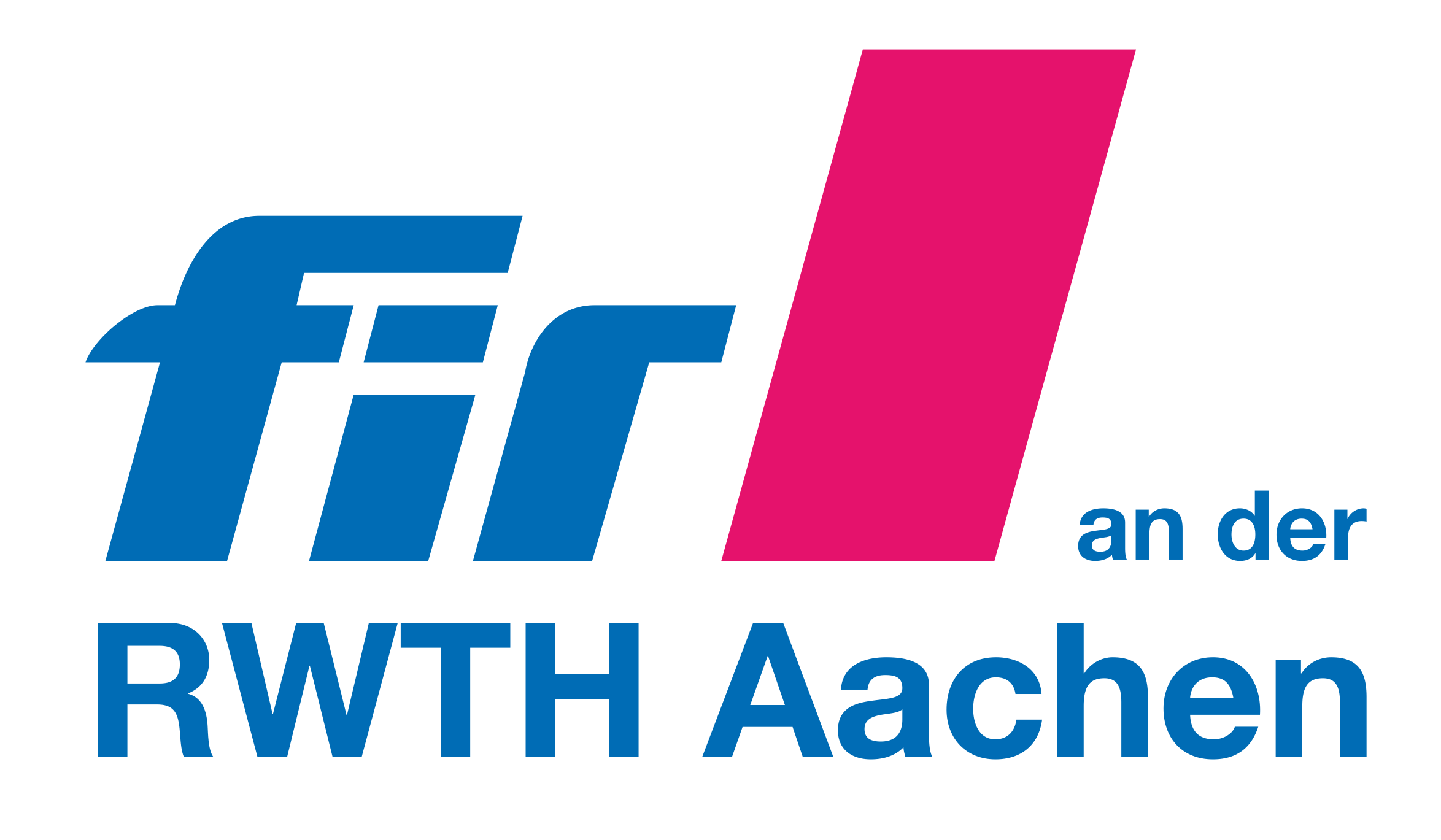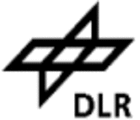DiCES
Digital Transformation of Circular Economy for Industrial Sustainability

The aim of the research project 'DiCES' is to develop a data-based integrated value creation system of the multidimensional circular economy for manufacturing companies, which makes true circular economy completely part of the operational order processing of companies.
Initial situation
Today, industrial value creation is linear; it currently largely ends with the consumer. As a consequence, economic growth - with a simultaneous reduction in the demand for resources - is not achievable. This contradiction can be eliminated by a circular economy, which is characterized by deceleration, reduction and closure of energy and material cycles. However, existing circular strategies, also referred to as 'ReX strategies', are used primarily as a singular strategy in this regard. Focusing solely on a ReX strategy, such as 're-pair', results in the full environmental and economic potentials of the circular economy not being exploited.
Exploiting this potential requires the design of value creation systems that enable the parallel integration of multiple closed-loop strategies. In this context, the lack of suitable multi-criteria decision support for determining the ecologically and economically optimal ReX strategy, the lack of networking between product life cycles and the associated IT systems, and the limitations imposed by linear, non-scalable production systems pose challenges. To resolve these limitations of conventional approaches, the goal of this research project is to develop a data-based integrated value chain system of the multidimensional circular economy.
Solution approach
With the help of an AI model, predictive forecasting of the circular economy effort for products that are still in the use cycle becomes possible. A data-based, multi-criteria decision model is used to select the ecologically and economically optimal ReX strategy. Due to the resulting overlap of several product life cycles, the development of a multi-circular order processing and a scalable hybrid production form the basis of this project. In addition, the impact on product configuration and circular economy-enabled business models will be investigated. A practical operational, validated implementation will illustrate the feasibility of the project and enable a broad transfer to large parts of the German industry.
Expected result
The solution approach seeks the following results:
- Data-based decision model
Design of a data-based decision model that realizes the optimal selection of the ReX strategy and associated procurement and resource needs based on data of a product twin and the characteristics of the value creation system. This enables a competitive circular economy considering ecological factors and the resulting higher penetration rate of circular products.
- Multicircular order processing
In addition to the data-based decision model for selecting the optimal ReX strategy, the necessary tasks for multi-circular order processing will be developed. Existing function modules of the S4/HANA and Digital Manufacturing Cloud (DMC) IT systems from SAP will be adapted so that data-based support of circular order processing is possible. Through the intended modularization of the IT system landscape of multi-circular order processing, the research results can be transferred to other IT solution providers.
- Scalable hybrid production system
The scalable hybrid production system, which focuses on flexible simultaneous dismantling, processing and new production, is supported by IT systems. The station concepts are enabled by integrated data-based decision support to determine the ecologically and economically optimal dismantling depth. This enables flexibility to increasing numbers of ReX products and consequently ensures competitive production of recycled products.
- Sustainable product configuration
The ecological and economic efficiency of the multidimensional value creation system is supported by the design of cycle-compatible products. This is ensured by the conceptual design of a data-based procedure for the multi-parameter configuration of products with regard to material composition and cycle-compatible product characteristics.
- Re-X Prediction
Using predictive forecasting of ReX effort by an AI model based on a digital product twin, predictive planning of the optimal ReX strategy is empowered.
- Service Sustainability Business Model
The results are incorporated into the business model, which defines different service bundles with varying monetary and sustainability-oriented characteristics and empowers customers to act sustainably through product reuse.
- Experiential demonstrators
The implementation in the tangible demonstration factory in Aachen serves as a successful practice for the development of an industrial scaling of the circular economy as well as a starting point for the transformation from linear to circular value creation. This implementation enables the derivation of an operationally validated guideline for the design of the circular economy-oriented value creation system.
Benefits for the target group
The economic exploitation potential results from the intensive involvement of the project partners and the extensive transfer measures, so that the generated results can be used during and after the end of the project for the implementation of competitive ReX strategies. Miele uses the results to scale up a sustainable business model, enabling additional sales growth while simultaneously reducing material requirements. Forcam and All for One use the results to further develop their IT product portfolios into IT systems that enable recycling. Klima.Metrix focuses on the further development of its current software solution for automated CO2 balancing to a holistic data-based decision support for ecologically oriented value chains. All three IT providers are thus empowering their diverse existing and new customers to act more ecologically. The developed AI model of IconPro can be further used as an enabler of data-based ReX strategies. In particular, the transferability of the circular-enabling IT products to other user companies enables the practical scalability of the circular economy through the use of digital technologies. The transfer measures in the form of the demonstration factories (including a business game), which are also accessible to those outside the project, additionally enable the broad, practical dissemination of the results. A central result of the research project is also the industry-tested guide for independent implementation of the value creation system.
The scientific exploitation potential results from the integration of the processes of multicircular order processing into the established Aachen PPS model and the further development of the Aachen factory planning procedure by modules for the planning of ReX-enabled productions. In addition, the research results are integrated into student and in-service qualification measures of both research partners and further exploited in publications, dissertations and specialist lectures.
Project partners
Associated partners
- ANTICIPATE GmbH, Aachen
- Climatiq Technologies GmbH, Berlin
- DFA Demonstrationsfabrik Aachen GmbH, Aachen
- Gevag GmbH, Hagen
- Institut für Werkzeugmaschinen und Fertigungstechnik (IWF) der Technischen Universität Braunschweig
- iPoint-systems GmbH, Reutlingen
- myOpenFactory Software GmbH, Aachen
- SAP Deutschland SE & Co. KG, Walldorf
- SEEBURGER AG, Bretten
- Technische Hochschule Ostwestfalen-Lippe, Lemgo
- Westfälische Hochschule, Bocholt
- XL Assembly GmbH, Aachen
Branch
- Consumer Goods
Topic Area
- Production Management
- Business Transformation
- Service Management
Research Focus
- Produktionsplanung
- Produktionsregelung
FIR Topics
JRF Guiding Topic
- Society & Digitization
- Industry & Environment
Contactperson
Projectinfos
Duration
Funding no.
01MN23022AProject homepage
project-dices.deFunding information
Funded by: Federal Ministry of Research, Technology and Space (BMFTR) based on a resolution of the German Bundestag under the funding number 01MN23022A.




